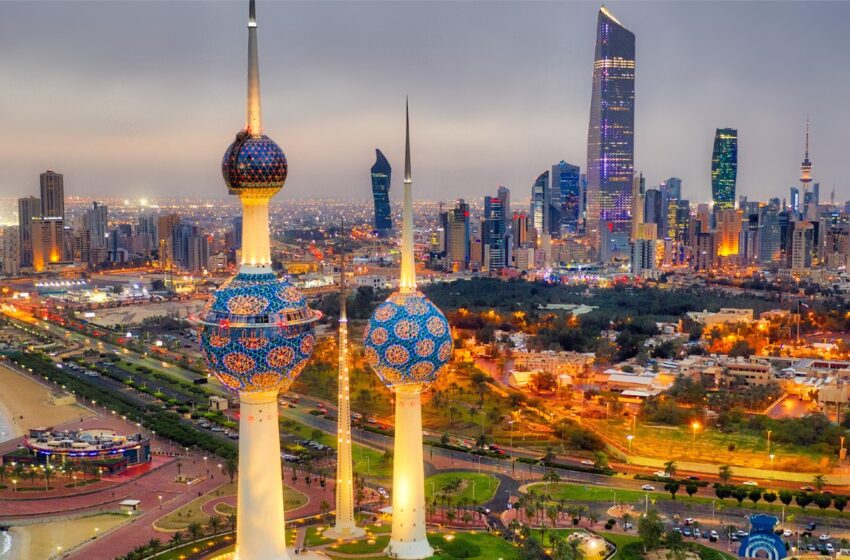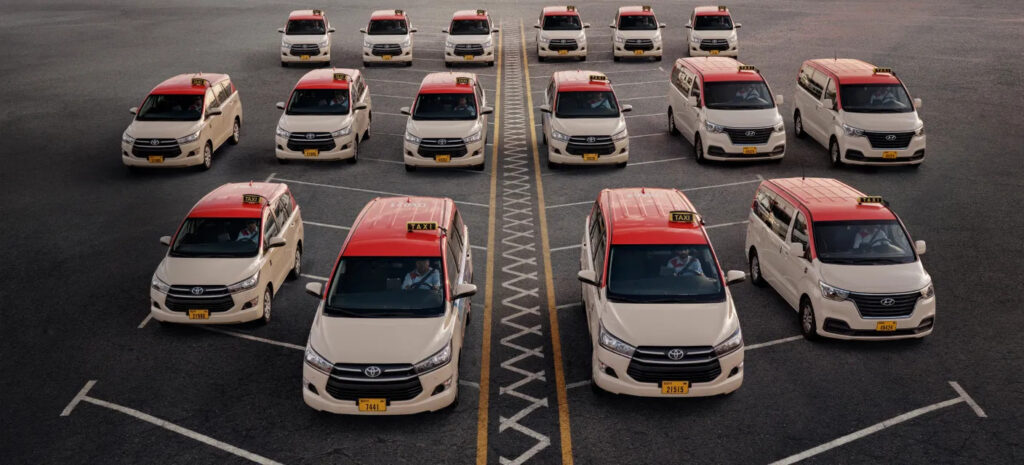
globalbizmag.com
UAE banks are among least exposed to energy transition
The impact of the shift to renewable energy sources on the oil and gas prices and the desire of investors and customers to obtain financing will be an important factor in determining the level of long-term creditworthiness of GCC banks, global ratings agency Standard and Poor’s (S&P) said.
In its latest report, the global ratings agency said that the exposure of these GCC banks to sectors most exposed to the risks of the energy transition has remained largely stable over the last three years.
“Banks in the UAE and Kuwait are the least exposed among the GCC nations due to greater economic diversification and their large exposure to the real estate and retail sectors, respectively. This exposure remained generally stable during the past year, while Omani and Qatari banks are the most exposed to these sectors due to the high dependence of their economies and financial returns on oil and gas,” the report said.
The report further said that the exposure to these sectors has remained largely stable over the past three years, at about 12% of total lending on average at the end of 2022. Omani and Qatari banks are the most exposed – about 15% and 13% respectively, as on 31 December 2022. UAE and Kuwaiti banks have slightly lower concentrations – around 11% and 10%, respectively, at the same date – due to greater diversification in the UAE economy and higher exposure to the retail and real estate sectors in Kuwait.
GCC Banks’ Creditworthiness
The report explained that the energy transition and its repercussions on the oil and gas prices, the desire of investors and customers for carbon-intensive sectors and the markets will affect the long-term creditworthiness of Gulf banks.
However, the ratings agency still believes that some competitive advantages – such as the low cost of extraction and the ability to flexibly increase production capacity – put the economies of the Gulf countries in a good position towards the global energy transition.
The agency pointed out that the region’s banks were trying to advance their sustainability agenda by increasing their offerings of sustainable financing to clients and contributing to government efforts to decarbonise economies.
“A few banks have also tapped into the international capital markets with sustainable bonds and sukuk, including green bonds and sukuk. We expect this trend to continue as banks seek to remain in the spotlight of global investors. We also expect a gradual strengthening of climate risk disclosure,” the report noted.
Low Cost
The impact of the energy transition on oil and gas prices will be an important factor in the long run. In the event of an unexpected and significant decline in oil and gas prices, the GCC banks could be affected through the potential decline in the creditworthiness of their exposures to specific sectors. It could also be affected by the impact of their economies, given the still large footprint of the oil and gas sector.
“There are certain factors that mitigate these risks, and we believe that the low cost of extraction and the potential increase in production capacity will support the resilience of the economies of the Gulf countries in the long term,” the report added.










